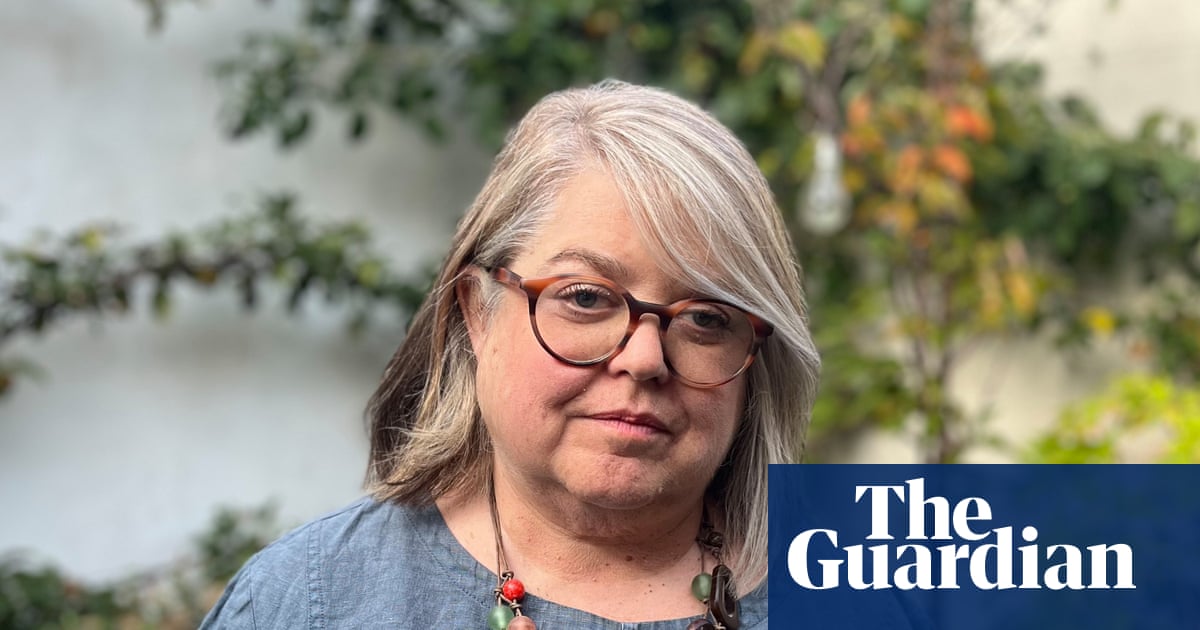
"Of all the seven deadly sins, envy is the last to be commodified. You can understand why unlike lust, anger or even sloth, it's not something to admit to. In his Allegory with Venus and Cupid, Bronzino depicted envy as an ugly green hag, clutching her head and howling impotently; now Instagram has allowed anyone online to gain access to images of the lifestyles of those richer, prettier and luckier than ourselves."
"Ruth, the narrator of Harriet Lane's third novel, Other People's Fun, is corroded by it. Alone, her marriage over, her daughter grown and her freelance work as dull as it is low paid, she is that most dangerous of characters: an overlooked middle-aged woman with nothing to lose. When she bumps into beautiful, stupid and entitled Sookie at a school reunion, she reconnects with her teenage self and all her violent desires."
"Are they spilling over with guile, or entirely lacking it? I am never sure. There they are, ceaselessly insisting on the fact of their existence, imagining someone might give a fuck about their dog, their children's exam results, the Spanish Steps, a colander of blackberries on a wooden kitchen table I lurk. I am the audience, transfixed, eyes shining in the darkness."
Ruth experiences intense envy as constant social-media access exposes others' wealth, beauty and luck. She lives alone with a broken marriage, a grown daughter and low-paid freelance work. Overlooked and resentful, she reconnects with Sookie, a beautiful and entitled former peer, which reawakens teenage humiliations and violent impulses. Ruth watches contemporaries perform their lives online while remaining unseen, and that watching intensifies her anger and sense of powerlessness. The narrative focuses on class resentment, toxic fascination between women, the corrosive effects of invisibility, and the way envy can escalate into dangerous action.
Read at www.theguardian.com
Unable to calculate read time
Collection
[
|
...
]